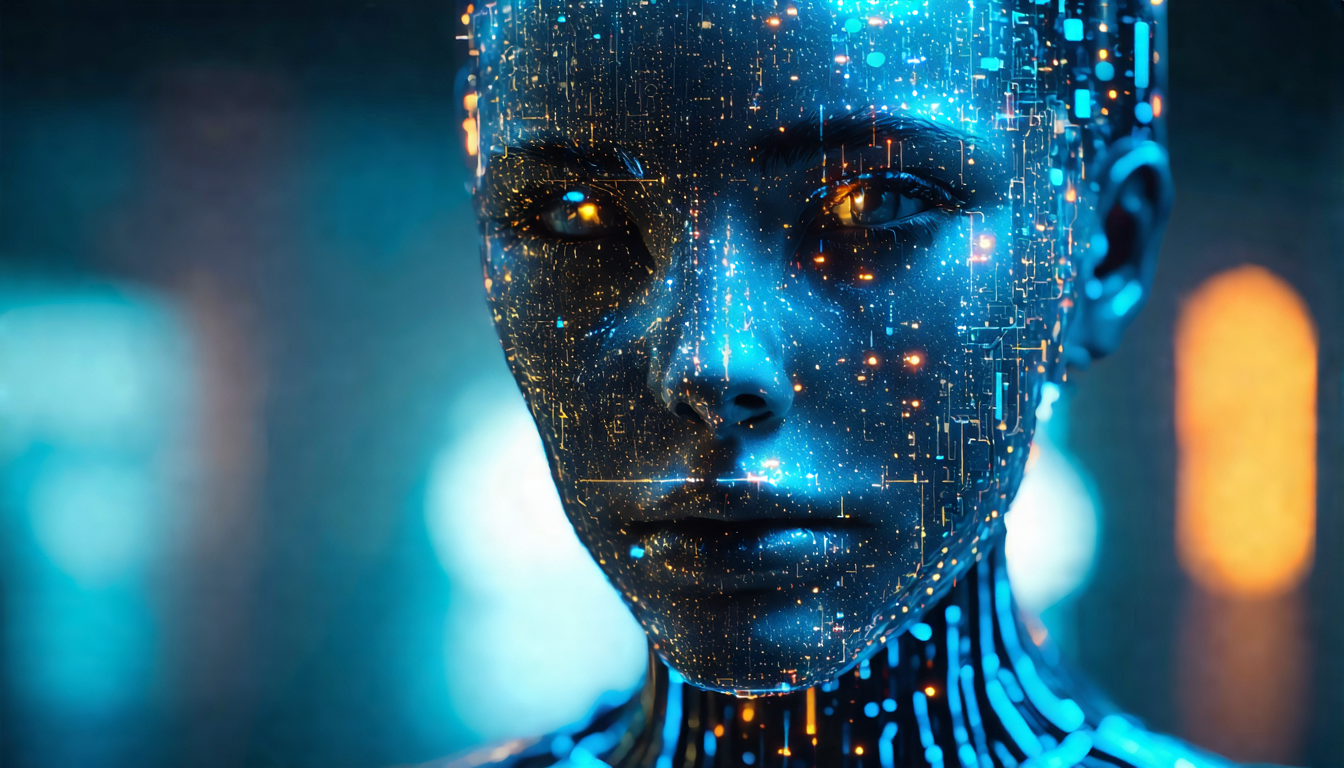
The rapid advancements in Artificial Intelligence (AI) technology have brought about significant changes in the job market. While some may argue that AI is taking over jobs and making humans obsolete, the reality is that it is transforming the way we work. From automation in industries like manufacturing and customer service to the development of new job roles in fields such as data science and machine learning, the impact of AI is undeniable.
One of the major concerns surrounding AI is the fear of losing jobs to machines. This is a valid concern, as AI has the potential to automate several tasks that are currently being done by humans. However, studies have shown that while some job roles may become redundant, there will be a creation of new jobs to support and manage AI systems. Moreover, AI is expected to enhance productivity, improve efficiency and reduce costs, which can lead to economic growth and job creation.
Furthermore, AI is not limited to just replacing jobs, but it also has the potential to enhance and complement human skills. For example, with the use of AI-powered tools and software, employees can handle tasks more efficiently, freeing up time for them to focus on more complex and creative tasks. This can lead to greater job satisfaction and opportunities for upskilling and career growth.
As for the future of work, the integration of AI is inevitable and it will continue to shape the job


